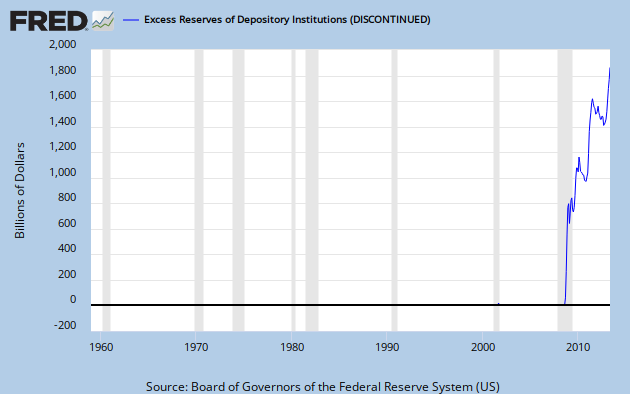Book Review: “How An Economy Grows And Why It Crashes,” By Peter Schiff
I recently read Peter and Andrew Schiff’s new book, .” I am a big fan of Peter Schiff and was excited about reading this book. Peter Schiff is an economist who is famous for predicting the financial meltdown in advance. Here is a great video of him making predictions in advance of the meltdown. He is even laughed at by the other commentators on CNBC and FOX for implying that there was a housing bubble only months before the market crashed. Well known economists including Ben Stein and Arthur Laffer were among those mocking Schiff. Interestingly enough, the people laughing at him selected Washington Mutual, Bear Stearns, and Merrill Lynch as great stock picks (all of those companies are now out of business).
This book is a simply written, illustrated allegory which details how economies grow and what can cause economic collapse. The book begins with three men who are stranded on an isolated island. The men spend all day fishing just to catch enough fish to barely survive. After a time, one of the men underconsumes and is able to use his savings to increase the number of fish that he catches. From this action, an island economy is born.
The story continues for generations and generations (immigrants eventually come to the island) as the island’s economy continues to develop. I will refrain from giving specific details about the economic expansion so as not to ruin this book.
The chapters contain “Reality Checks” which simply relate the material in the chapter to real life by defining the concepts which are outlined. In these short sections, the Schiffs explain things like underconsumption, productivity, savings, risk, and so on. The “Reality Checks” help readers who may have little or no understanding of economics understand basic economics principles.
At the end of each section is a much more detailed (but still simple and easy to understand) section called “Takeaway.” These sections elaborate on the lessons from the chapter and give further explanation of the underlying economic principles. They greatly enhance the book by providing the reader with a nice overview as well as a great segue to the next chapter. The “Reality Check” and “Takeaway” sections both help move the story along and are features which would be great in other books on economics.
The first 5 chapters of this book are absolutely amazing. The Schiffs do an excellent job of using humor to make reading about economics fun and easy to follow. They explain the causes of a growing economy (and the effects of a growing economy on society) in a manner that is easy for anyone to understand, regardless of their economic background.
In chapter 6, however, things took a slight turn for the worst. In this chapter, the Schiffs explain the foundation of a banking system. I have heard Peter Schiff give speeches on this in the past–his speeches are great and include detailed information on the historical evolution of banking. It is always interesting to hear Schiff speak about this and I wish that he had included more of this information in his book. For some reason or another, the Schiffs do not tell the full story of the evolution of the banking system. This is somewhat perplexing, as he wrote about this quite nicely in his bestselling (and highly recommended by me) book, Crash Proof. I have also seen him give numerous speeches on this subject, all of which were great speeches which gave this full history. The failure to include this can certainly be excused, as the Schiffs’ book was surely intended to be a brief, simple overview of how an economy works.
The “Takeaway” section of chapter 6 was also somewhat perplexing. There was a disconnect between the material in the chapter and the “Takeaway” section which is likely to confuse some readers. In this section, the Schiffs launch an attack on the Federal Reserve system without explaining to the reader exactly how this ties in with the information in the early part of the chapter. While I fully agree with the Schiffs on the Federal Reserve, an uninformed reader might have a little trouble understanding the Schiffs’ early critiques of the Federal Reserve System. To their credit, however, the Schiffs do properly explain this later.
I do want to point out to my reader that this chapter is my only real criticism of the book and that while it is worth pointing out, it does not take much away from what is truly an excellent book.
Following this section, the Schiffs continue to brilliantly explain the evolution of a developing economy into a major economic player. While the time line is a little off (something that the Schiffs warn the readers of in the introduction), the Schiffs paint a largely accurate picture of the history of the American economy and the growth of the American government (especially with regards to its intervention in the economy).
I wont give away the ending, but the economy in the book suffers a fate similar to that of the American economy during the current economic crisis–the title promises to explain how an economy crashes, so I dont think that Im giving anything away. However, the Schiffs looks into the future and offers a glimpse of what the future of the American economy might look like if we do not quickly enact sound monetary policies. Given Peter Schiff’s history of correctly predicting the course of the economy, his prediction is certainly worth taking into account.
My rating:
Strongly recommend: 9/10
Americanly Yours,
Phred Barnet
Please help me promote my site:






